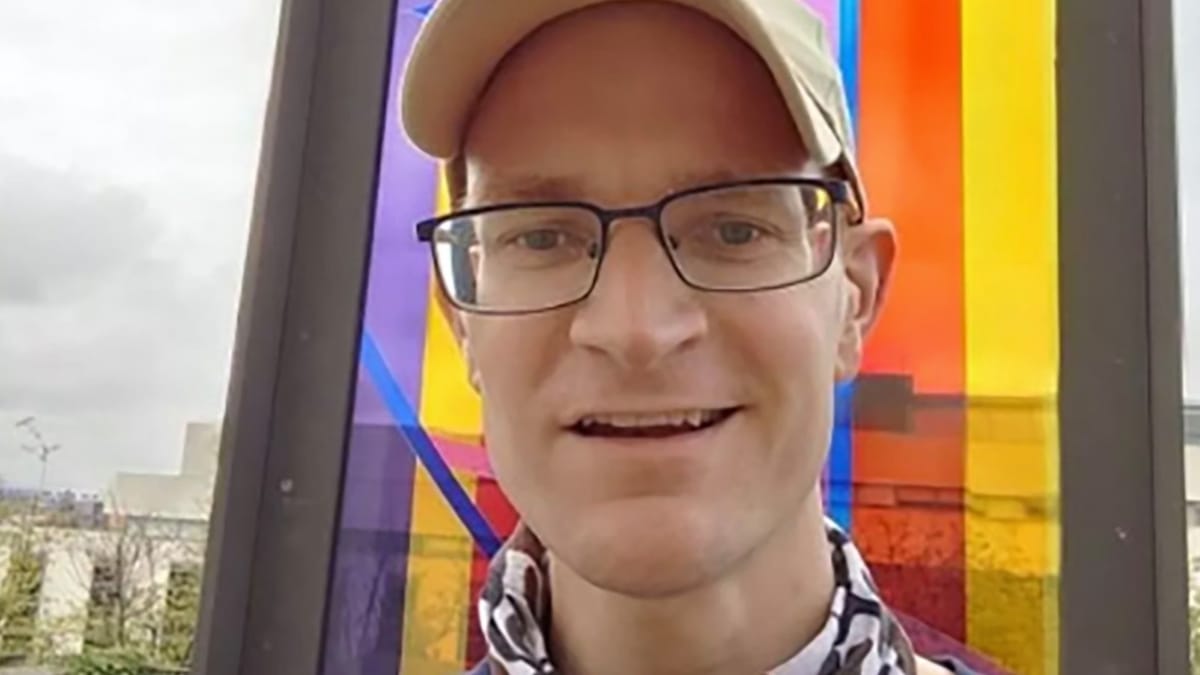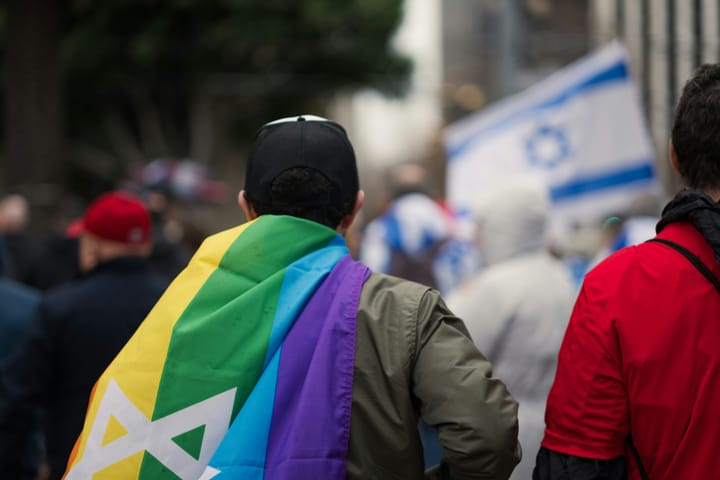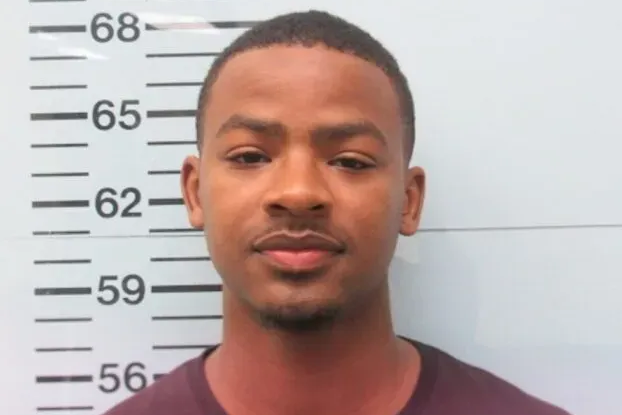Gay man awarded compensation after ‘exorcism’ at Sheffield church in the US

A gay man has received a five-figure settlement from a Church of England-linked congregation in Sheffield after being subjected to a so-called “exorcism” intended to change his sexual orientation.
Matthew Drapper, 37, was volunteering at St Thomas Philadelphia (STP) church in 2014 when he was told by prayer leaders that he was “demonically possessed” due to his “sexual impurity”. During a church event dubbed the “Encounter God Weekend”, he was urged to undergo a ritual that would supposedly “release demons” and rid him of his homosexuality.
The prayer leaders, a husband and wife team, reportedly stood over Mr Drapper and instructed him to “break agreements with Hollywood and the media”, which they claimed were responsible for his same-sex attraction. Reflecting on the experience, Mr Drapper described it as “something out of a horror movie”, adding that it left him traumatised and ultimately led to the loss of his Christian faith.
Mr Drapper left the church in 2016 and lodged a formal complaint in 2019. Initially, the church denied any wrongdoing, claiming there was “no evidence” to support his allegations. However, following pressure, the Diocese of Sheffield commissioned an independent investigation by Barnardo’s in 2021. The report substantiated Mr Drapper’s claims, confirming he had been subjected to prayer ministry aimed at altering his sexual orientation.
The Church of England has since agreed to an out-of-court settlement, marking what is believed to be the first compensation of its kind in the UK for harm caused by conversion or exorcism practices.
Richard Scorer, Mr Drapper’s solicitor and vice president of the National Secular Society, said: “This case sets a precedent. It shows that churches engaging in these abhorrent, homophobic practices may face legal consequences. It’s time such practices were banned entirely.”
The Church of England’s “deliverance ministry” guidelines currently permit exorcisms, including the laying on of hands and the casting out of demons, though they require authorisation from a diocesan bishop. Critics argue that such policies risk legitimising spiritual abuse.
Mr Drapper is now encouraging others who have experienced similar treatment to come forward.





Comments ()